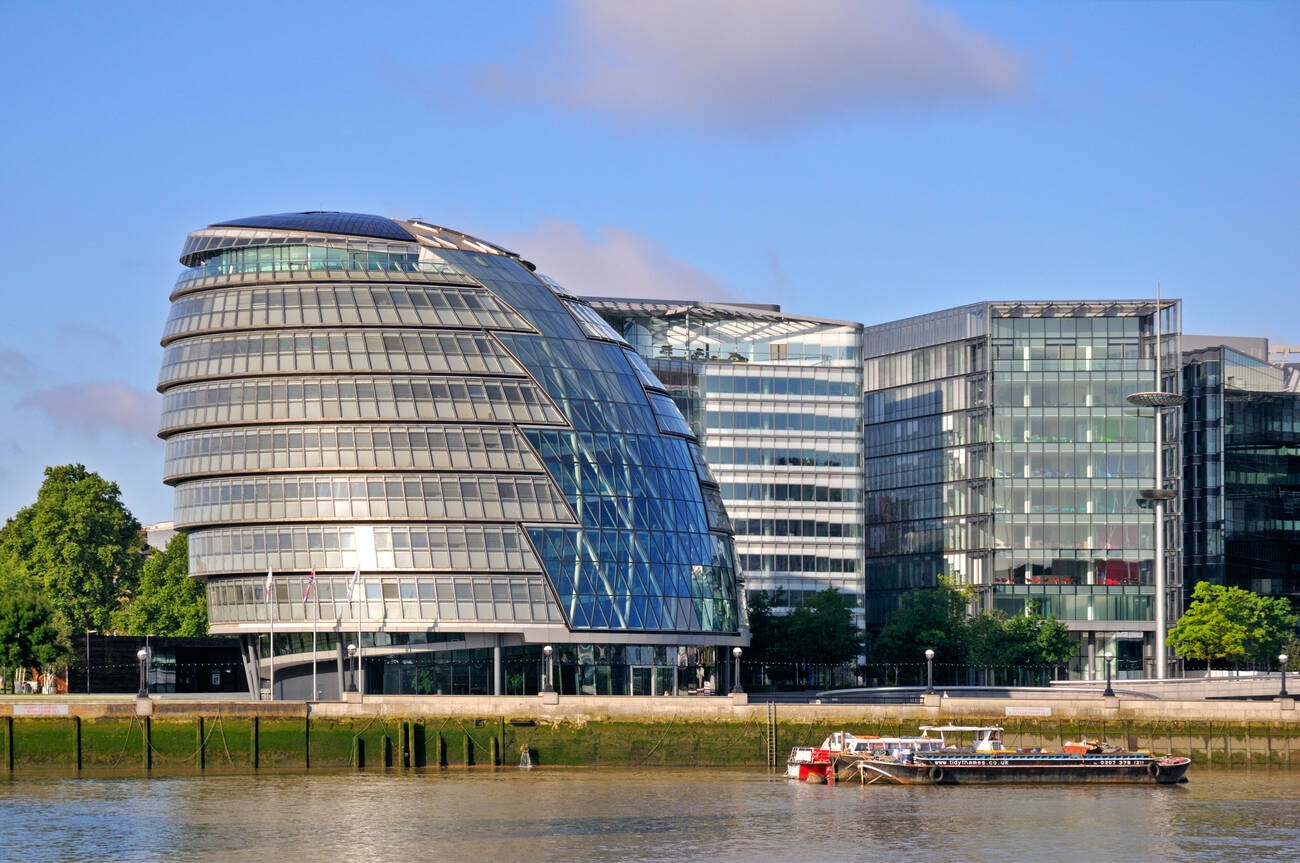Join Our Telegram channel to stay up to date on breaking news coverage
The UK’s tax authority, HM Revenue & Customs (HMRC), now considers confiscating digital currencies as part of its crackdown on tax evasion.
According to the report from HMRC, the tax authority will be ramping up its efforts against companies or individuals breaching tax regulations.
This comes as part of a wider crackdown on tax evasion and avoidance, which has seen HMRC take a tougher stance against non-compliant businesses in recent years.
UK Cracks Down On Crypto Tax-Dodging Crypto Holders
Currently, the government is assessing the implementation of the newly-released regulation on digital assets from the tax authority. This move will modernize collecting taxes from businesses that have not complied with their responsibilities.
The move surfaced as the board realized that businesses increasingly use digital currencies to evade tax. By confiscating digital currencies acquired through illegal means, the tax authority can ensure that these businesses are held accountable for their actions.
A consultation document on April 27 has already pointed out the possibility of using crypto wallets as a payment method for goods and services. This means that crypto assets are also included in the government’s regulations.
The paper noted that since the HMRC can recover debts from bank accounts, it should also be able to exercise the same rights with digital currencies. On that note, the agency should be able to acquire the funds of a crypto holder who fails to pay their taxes.
However, that is not the case, as the agency still doesn’t have the right to seize funds from businesses with substantial amounts in cryptocurrencies but still owe taxes.
This is the essence of the proposal from the tax authority. Notably, it will be challenging to involve digital currencies, given the fluctuations in their values. But that will not matter since tax payment is a mandatory responsibility of citizens and businesses.
Those who consider crypto assets as unnecessary and risky may welcome the development. However, it is also possible that those who think virtual assets should not concern the government will resist the move.
Nevertheless, the agency is particular about bringing its proposal to law and will likely work with external parties to ensure that the new cryptocurrency confiscation program is successful.
Non-Custodial Wallets Are Immune To Governments’ Control, But
Non-custodial wallets are digital wallets for storing cryptocurrencies like Bitcoin, Ethereum, etc. Unlike custodial wallets, managed by third-party providers like exchanges or other intermediaries, non-custodial wallets allow users complete control over their private keys and funds.
Private keys are the passwords that allow you to access and manage your cryptocurrencies in a wallet. With non-custodial wallets, the user is the only one with access to their private keys, and the wallet provider cannot control the funds. This is why non-custodial wallets are also called “self-custody” wallets.
Notably, the government can’t control the wallets, as they operate on a decentralized blockchain network. While the HMRC plans to ensure safeguards are recorded, the government noted that it would involve external stakeholders like digital wallet operators.
The government has chosen this approach, considering that its control over decentralized wallets is farfetched. Through this move, it intends to measure their level of interest and identify areas that need closer attention during the proposal’s implementation.
Meanwhile, the proposal came as UK crypto enthusiasts are already preparing for upcoming regulations that will guide the industry. Andrew Griffith, a financial secretary to the United Kingdom Treasury, noted that the country’s regulatory system would be solid over the next 12 months.
Join Our Telegram channel to stay up to date on breaking news coverage


